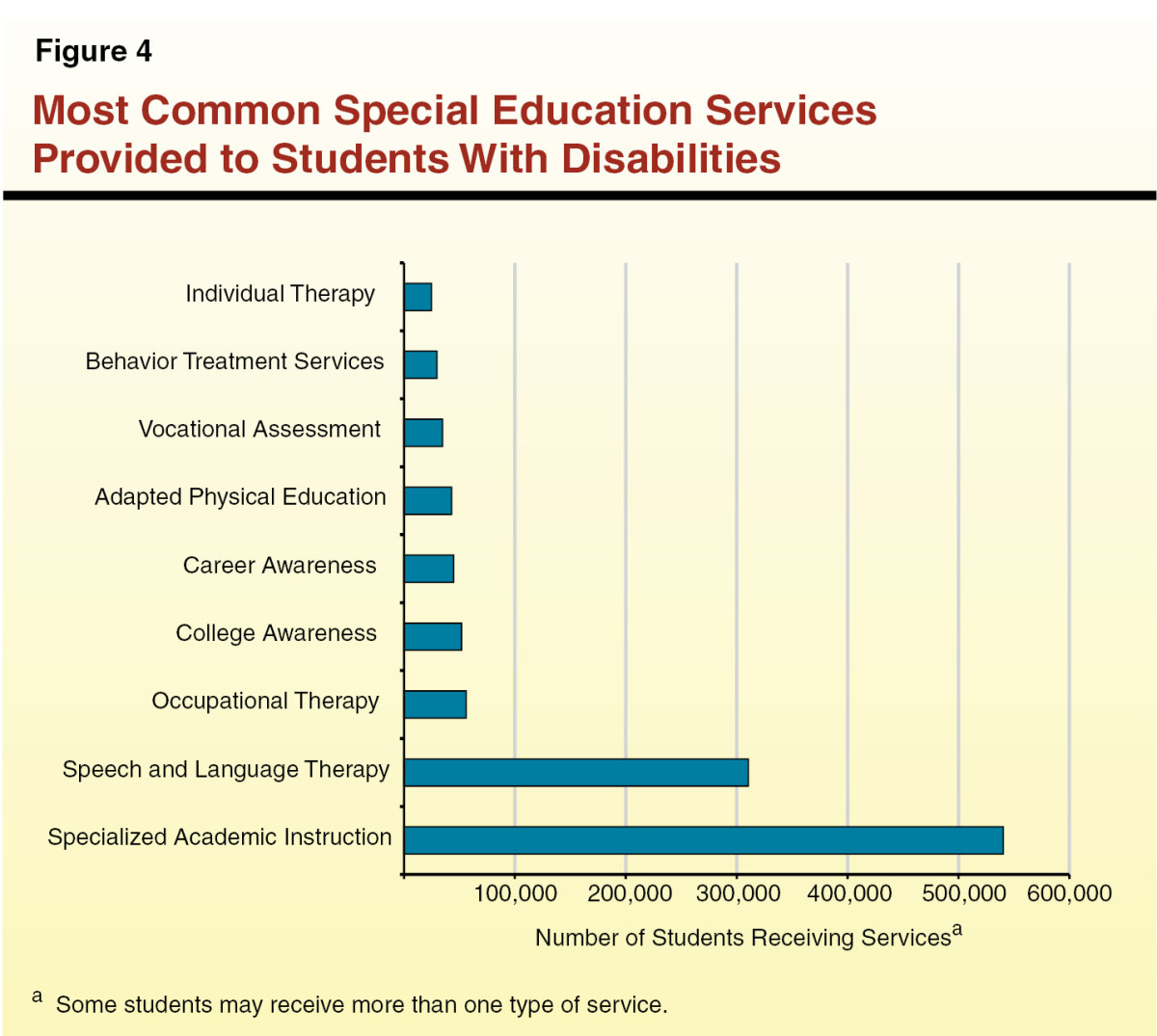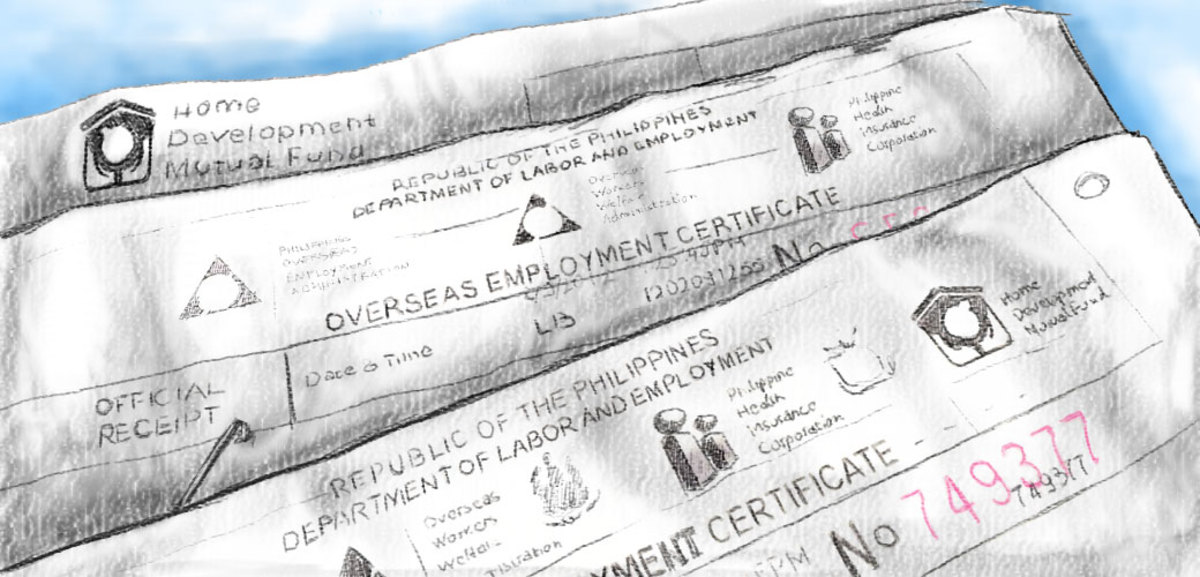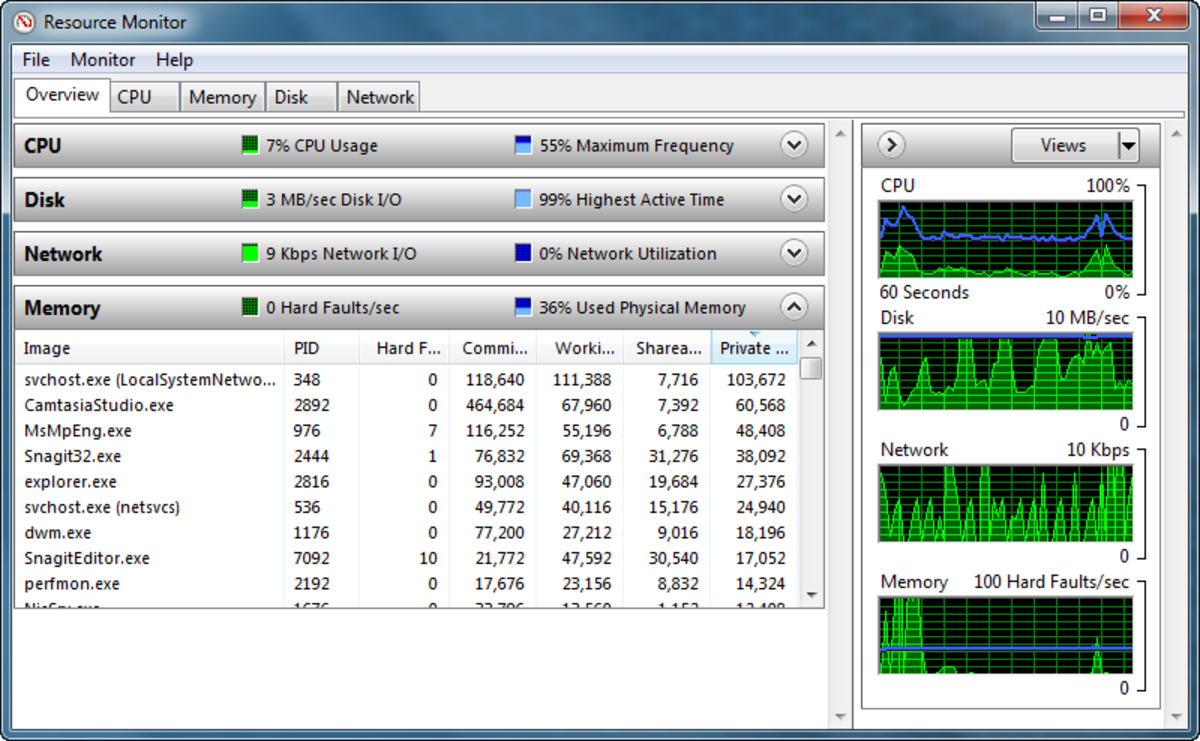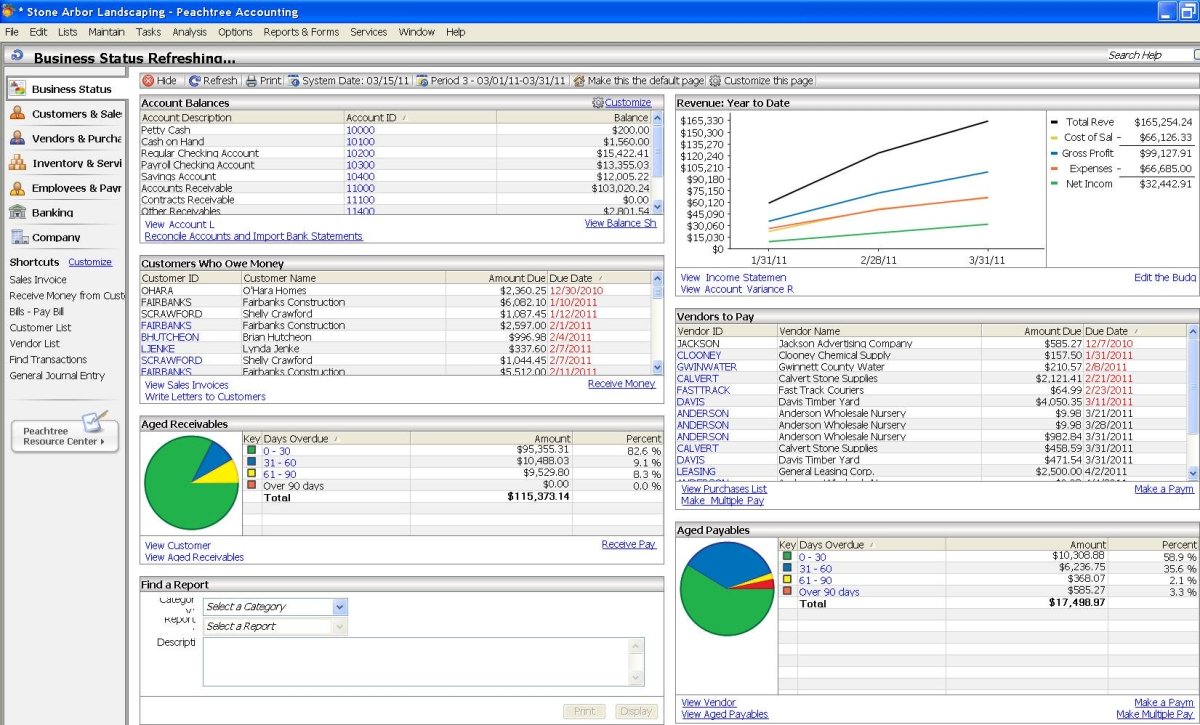Cheap Online CPE Courses for CPAs
All AICPA members must complete 120 hours of continuing professional education every three years. A variety of CPA courses online satisfy the AICPA CPE requirements. We will cover the types of CPE courses the AICPA accepts, including: online CPE courses, Webinars, college courses, and live events. CPE credits are calculated in several ways. We will discuss CPE requirements, how they are calculated, and records retention.
A well thought out continuing professional education program is more than satisfying AICPA or IRS requirements. The best CPE programs pay. The real cost of CPE credits include the number of new clients served, plus the additional revenue you get from current clients applying your new found skills. Always consider CPE credits that expand the range of your services.
Qualifying Programs
CPE courses that are formal and contribute and increase the member’s professional competence are qualifying programs. The CPE courses can be chosen from any subject area. CPE credits can also be earned from in-house training courses, conferences and college classes.
College course CPE credits are calculated by multiplying the semester hours by 15 or the quarter hours by 10. Associations using continuing education units multiply by 10 to arrive at the CPE credits for the AICPA. Classroom CPE courses use 50 minutes for each credit hour.
Documentation and Record Retention
CPE credits earned should be recorded by sponsor, title and description of program, date, location and number of CPE credits the program earned. Record retention is the responsibility of the CPA.
Certain members are exempt from the CPE requirements, include: retired individuals, those temporarily working outside the profession, unemployed, and AICPA members listed as inactive with their State Board of Accountancy. A special waiver of CPE requirements is available for health reasons, military service, foreign residency, and other deemed worthy situations.

Cheap CPE Courses
Several programs exist that satisfy AICPA requirements. A good program will be reasonably priced, offer accurate and complete information, and allow the CPA to grow his skill and competence within the industry. Accounting CPE classes should further the career of a CPA within a firm or with another firm. A CPA, by increasing his skill in his preferred area of study within the accounting profession, can grow his client base and serve them better.
Online CPE accounting courses can provide cheap CPE credits. The online CPE courses provide a basic learning shell that tests the understanding of the CPA. While online CPE courses are low-cost, they frequently lack substance to grow a CPA’s career. The question remains: does an online cheap CPE program serve the CPA and his clients well? Cheap CPE classes can provide 7 or 8 hours of CPE credits for around a hundred dollars. The online CPE course may satisfy AICPA professional continuing education requirements, but does it further the CPA’s career is a way he wants?
How much did you pay for your CPE credits in the last year.
Webinars
Webinars can be as expensive as classroom CPE courses. The two main advantages are that several people can join the webinar at once from the same office and no travel expense. Webinars can provide cheap CPE for CPAs by allowing the CPA to attend the Webinar without leaving the comfortable setting of the office. Special care should be taken to prevent interruptions during the webcast.
In-depth, multi-day webinars allow CPAs further from the seminar location to acquire cheap CPE credits on a program that would normally never be considered. The Webinar provider can focus on the quality of their program rather than setting up in multiple locations. CPAs close to the seminar can attend in person while those further away can get cheap CPE credits without travel expenses. Also, popular instructors can serve a greater number of people.
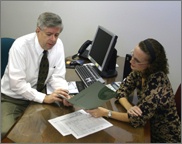
Live Seminars
CPAs looking for cheap CPE will gravitate toward online CPE courses. CPAs looking to build working knowledge and further his career will look more toward webinars and live seminars.
Live seminars have the advantage of interaction with other accountants, interaction within the program, and the added focus allowed without interruptions possible within the office environment. Many accountants feel that a live seminar is a better leaning environment. The sharing of ideas during breaks at a live seminar can prove invaluable.
The major disadvantage to live seminars is frequently location. The cost of travel added to live seminar costs can dent the budget for CPE credits.
The Perfect Mix
Cheap CPE should not be the overriding factor in choosing CPE classes. A mix of cheap online CPE classes with webinars and live seminars and conferences can provide advanced learning, meet the AICPA CPE requirements, and keep the budget in line.
Cheap Online CPE Courses for EAs: Cheap online and other CPE for the tax professional.
5 Questions to Ask Your Tax Preparer: Before you turn over your personal information, ask these questions.
9 Best Tax Software Programs: Know who has the best and worst tax software on the market.
How Far Can You Push the IRS: When the IRS disallows a deduction, know your rights and push back.
Other Considerations When Choosing CPE Programs
A CPA should consider using multiple CPE providers to broaden his learning reach. Before choosing any CPE program, review the provider and their policies. You want to know the CPE provider has experience (how long they have been in business), and what their refund policy is. You need to know how long they retain records in case your copy is lost or destroyed.
Cheap online CPE courses should be accessible from any computer. Not all are. You need to verify if you intend on working from home, as well as, work. For online CPE courses, you need to check if you must pay again if you fail the exam. Check how you will receive your certificate of completion. For online courses, you may wish to verify you can print the course material and exam.
Finally, verify the CPE credits are allowed in your state. If you are an enrolled agent or other professional taking courses in the accounting field, it is important to verify the course qualifies for your license or designation.



